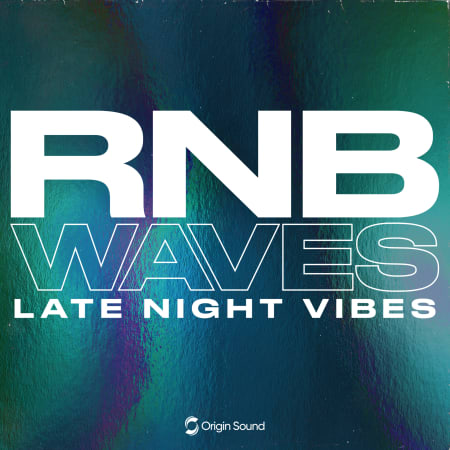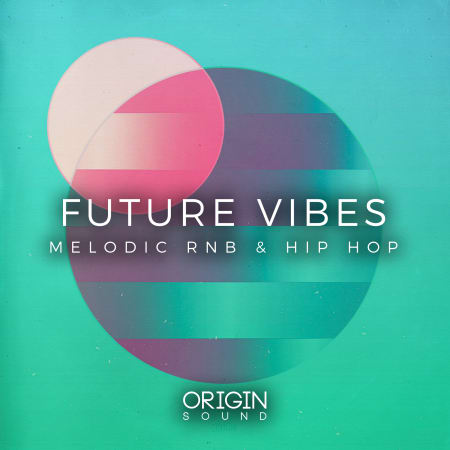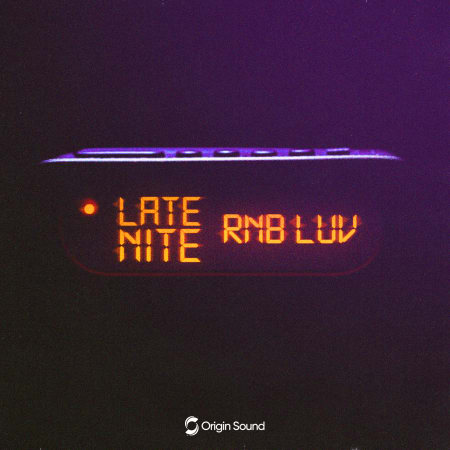Modern RnB has infiltrated the mainstream and taken over the pop charts over the last 20 years. It may have seemed like the genre got side-staged in the late 1990s as hip hop and rap dominated the airwaves, but RnB artists were simply observing and taking notes. Today’s RnB incorporates elements of hip hop and electronic music while continuing to borrow the elements that made soul, doo-wop, and blues successful. In the early 2000s, The Academy started catching on. Alicia Keys won the Grammy for Song of the Year with “Fallin” and Beyoncé's Dangerously in Love won five Grammys in 2003. In 2004, Usher's Confessions sold 1.1 million copies in its first week, and the 12 songs that topped the Billboard Hot 100 accounted for 80% of the number-one RnB hits that year.
Continuing from the 1990s and 2000s, RnB, like many other genres, drew influences from the technical innovations of the time and began to incorporate more electronic and machine-made sounds and instruments. Effects such as auto-tune and new digital synths gave RnB a more futuristic feel while still incorporating many of the genre's common themes, such as love and relationships. With this experimentation and evolution came organic growth in collaborations with non-RnB artists. Singers Miguel, John Legend, and Jeremih made hits with rappers like Wale, Rick Ross, and J.Cole.
Trap music has also had a huge influence on modern RnB. We heard a strong presence of this influence on the music charts with Beyoncé's songs "Drunk in Love", "Flawless" and "7/11", as well as Bryson Tiller's debut studio album, Trapsoul and Mary J. Blige's "Thick of It". Artists like singer-rapper 6lack blended old-school '90s RnB with trap&B (trap and blues). His work embodies an atmospheric style of RnB that delivers a story arc on each of his projects, which can be a breath of fresh air from the current culture of single drops we're experiencing. Janelle Monáe exhibits this on Dirty Computer, which occupies the realm of psychedelia-soul (“Screwed”) and neo-soul (“I Like That”), while also serving commentary on the state of black culture, queer identity, and womanhood (“Pynk” and “Django Jane”). Khalid’s brand of emo-R&B appeals to millennials and Generation Z fans who connect to both romantic ambiguity and the struggle with self-identity.
All of this has led toward the amalgamation that is future RnB. A sub-genre soup of traditional RnB of the '80s and '90s with trap, chillwave, hip hop, and electronica. With technology and digital instruments becoming more accessible and available from anywhere, anytime, RnB artists have employed a whole new level of experimentation and innovation. We've seen abstract and avant-garde ideas worked out on pop charts with Frank Ocean’s Blonde and Rihanna’s ANTI.
With the incorporation of trap elements, we also saw Latin R&B dominate the airwaves and streaming playlists. Spanish-language singles by Alex Rose, Rauw Alejandro, and Paloma Mami, which borrow (sometimes though not always, shrewdly) from R&B, have captivated a global audience.
Download now



















